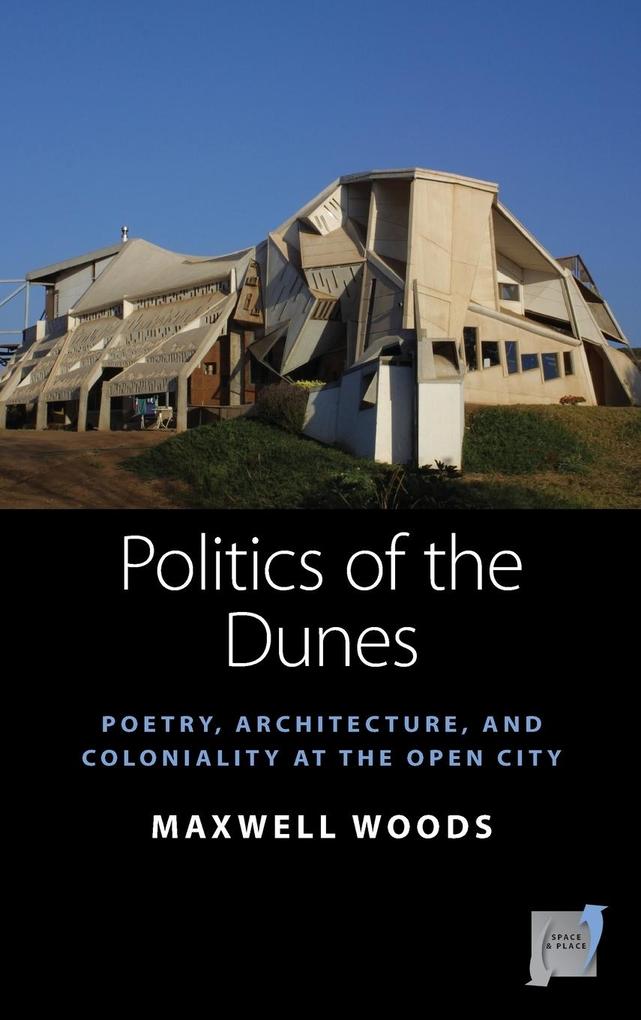
Zustellung: Fr, 09.05. - Di, 13.05.
Versand in 1-2 Wochen
VersandkostenfreiBestellen & in Filiale abholen:
Founded in the late 1960s on Chile's Pacific coast, the Open City (la Ciudad Abierta) has become an internationally recognized site of cutting-edge architectural experimentation. Yet with a global reputation as an apolitical collective, little has been discussed about the Open City's relationship with Chilean history and politics. Politics of the Dunes explores the ways in which the Open City's architectural and urban practice is devoted to keeping open the utopian possibility for multiplicity, pluralism, and democratization in the face of authoritarianism, a powerful mode of postcolonial environmental urbanism that can inform architectural practices today.
Inhaltsverzeichnis
Introduction
Chapter 1. On So-Called Non-Political Urban Environmentalism: The Architecture of the Open City, Politics, and the Political
Chapter 2. Refashioning Latin Americanism: The Foundations of the Environmental Urbanism of the Open City
Chapter 3. The Eruption of the Political? : Politics, the Political, Hospitality, and the Foundation of the Open City
Chapter 4. Thinking Otherwise: Keeping the Open City Open in the Dictatorship
Chapter 5. On Subaltern Historiography: Thinking the Open City Historically
Chapter 6. Towards a Decolonial Environmentalism: The Limits and Openings of the Open City's Environmental Urbanisms
Conclusion: Socialities, New Openings, and the Lingering Question of Capital
Index
Chapter 1. On So-Called Non-Political Urban Environmentalism: The Architecture of the Open City, Politics, and the Political
Chapter 2. Refashioning Latin Americanism: The Foundations of the Environmental Urbanism of the Open City
Chapter 3. The Eruption of the Political? : Politics, the Political, Hospitality, and the Foundation of the Open City
Chapter 4. Thinking Otherwise: Keeping the Open City Open in the Dictatorship
Chapter 5. On Subaltern Historiography: Thinking the Open City Historically
Chapter 6. Towards a Decolonial Environmentalism: The Limits and Openings of the Open City's Environmental Urbanisms
Conclusion: Socialities, New Openings, and the Lingering Question of Capital
Index
Mehr aus dieser Reihe
Produktdetails
Erscheinungsdatum
01. November 2020
Sprache
englisch
Seitenanzahl
238
Reihe
Space and Place, 19
Autor/Autorin
Maxwell Woods
Verlag/Hersteller
Produktart
gebunden
Gewicht
501 g
Größe (L/B/H)
235/157/17 mm
ISBN
9781789209013
Entdecken Sie mehr
Bewertungen
0 Bewertungen
Es wurden noch keine Bewertungen abgegeben. Schreiben Sie die erste Bewertung zu "Politics of the Dunes" und helfen Sie damit anderen bei der Kaufentscheidung.


















